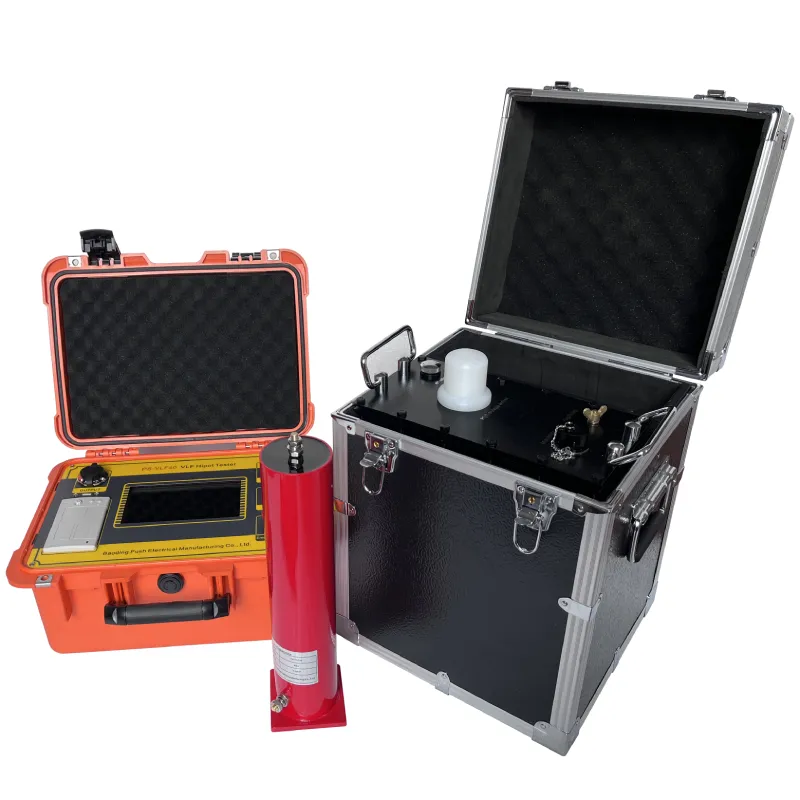 English
English


Exploring the Cost Factors and Pricing Models for Power Analyzers in Today's Market
The Importance of Power Analyzers in Modern Industries
In today's fast-paced technological landscape, the need for efficient power management has never been more critical. Power analyzers play a pivotal role in this aspect, serving as essential tools for measuring, analyzing, and optimizing electrical energy consumption. With a growing emphasis on sustainability and cost-efficiency, understanding the pricing and value of power analyzers is crucial for businesses aiming to stay competitive.
What is a Power Analyzer?
A power analyzer is an advanced instrument used to capture detailed information about electrical parameters in both ac and dc systems. It measures voltage, current, frequency, power factor, and total harmonic distortion, among other metrics. This wealth of data enables engineers and technicians to diagnose electrical issues, ensure compliance with standards, and enhance the overall efficiency of energy consumption.
Significance of Power Analyzers
The widespread use of power analyzers spans various sectors, including manufacturing, telecommunications, and renewable energy. In manufacturing, for instance, optimizing energy usage can lead to substantial cost savings and improved operational efficiency. Industries are often under pressure to reduce their carbon footprints, and power analyzers provide the necessary insights to achieve these goals.
In the telecommunications sector, reliable power sources are vital for uninterrupted service. Power analyzers help monitor and maintain these essential systems, ensuring that organizations can deliver consistent and high-quality service. Similarly, renewable energy sectors leverage power analyzers to optimize the performance of solar panels and wind turbines, ensuring maximum energy conversion efficiency.
Factors Influencing Power Analyzer Pricing
The cost of a power analyzer can vary significantly based on several factors
power analyser price

1. Features and Functionality Basic models may offer standard measurements, while high-end analyzers come equipped with advanced features such as data logging, wireless connectivity, and real-time analysis capabilities. The more sophisticated the functionality, the higher the price.
2. Accuracy and Calibration High-precision analyzers generally cost more due to their superior accuracy and calibration standards. Industries that require stringent compliance with regulations often opt for high-precision models, recognizing that the initial investment can lead to long-term savings and efficiency gains.
3. Brand Reputation Established brands with a history of reliability and customer support often charge more for their products. Purchasing from a reputable brand can provide peace of mind regarding product quality and after-sales service.
4. Market Demand and Supply Fluctuations in the market can also impact prices. During periods of high demand—such as increased interest in energy efficiency and renewable energies—prices may rise accordingly.
The Value Proposition
While the initial cost of a power analyzer might seem steep, the return on investment (ROI) can be substantial. By identifying inefficiencies and potential failures in energy systems, businesses can implement corrective measures that not only save money but also prolong the lifespan of equipment. Moreover, proactive energy management can lead to compliance with regulations, minimizing the risk of fines and penalties.
Furthermore, with the growing push towards sustainability, many organizations find that investing in power analyzers aligns with their environmental goals. Reducing energy consumption directly contributes to lower greenhouse gas emissions, helping companies meet both regulatory requirements and corporate social responsibility targets.
Conclusion
In summary, power analyzers are indispensable tools in the quest for energy efficiency and sustainability. While the initial investment may vary depending on features, accuracy, and brand, the potential benefits far outweigh the costs. For businesses aiming to optimize their energy use and reduce operational costs, investing in a power analyzer is not just a strategic decision—it's a necessary step towards a more sustainable and profitable future. As we continue to navigate the complexities of modern energy consumption, the role of power analyzers will only continue to grow.
-
Differences between open cup flash point tester and closed cup flash point testerNewsOct.31,2024
-
The Reliable Load Tap ChangerNewsOct.23,2024
-
The Essential Guide to Hipot TestersNewsOct.23,2024
-
The Digital Insulation TesterNewsOct.23,2024
-
The Best Earth Loop Impedance Tester for SaleNewsOct.23,2024
-
Tan Delta Tester--The Essential Tool for Electrical Insulation TestingNewsOct.23,2024





